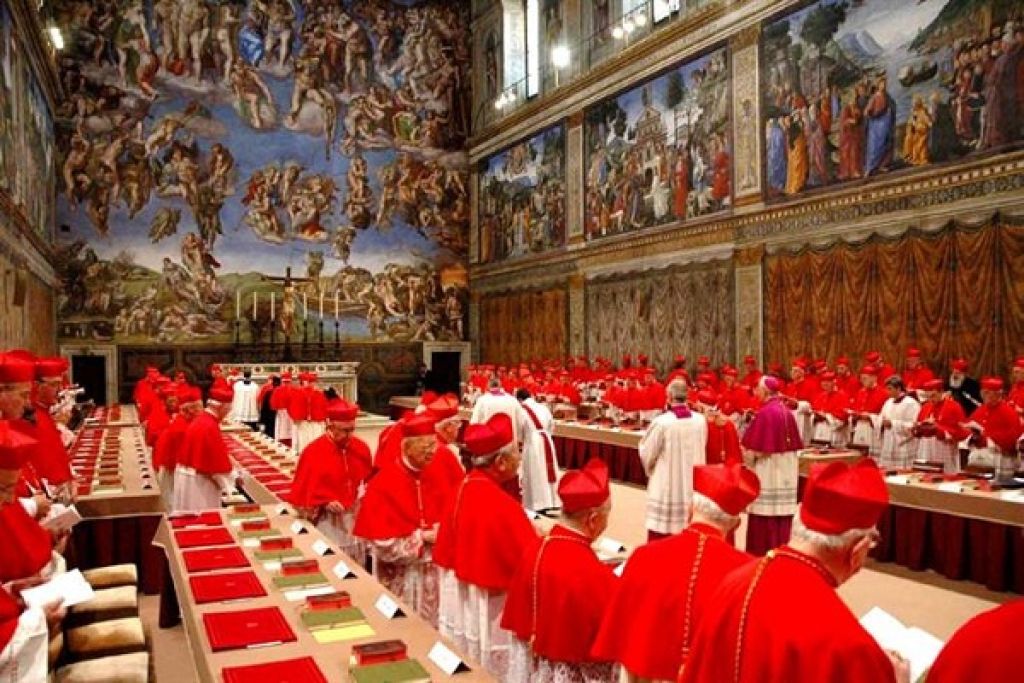WASHINGTON (Reuters) – A top U.S. envoy leading a global coalition fighting Islamic State has quit over President Donald Trump’s decision this week to pull U.S. troops out of Syria, a source familiar with the matter said on Saturday.
FILE PHOTO: U.S. envoy to the coalition against Islamic State Brett McGurk attends the Kuwait International Conference for Reconstruction of Iraq, in Bayan, Kuwait February 13, 2018. REUTERS/Stephanie McGehee/File Photo
Brett McGurk, U.S. special presidential envoy for the global coalition to defeat Islamic State, submitted his resignation effective Dec. 31 to Secretary of State Mike Pompeo on Friday, a State Department official said.
In an abrupt policy shift, Trump announced on Wednesday that Washington would withdraw the roughly 2,000 U.S. troops in Syria, upending a pillar of American policy in the Middle East and alarming U.S. allies.
The decision was followed on Thursday by the surprise departure of U.S. Secretary of Defense Jim Mattis, who in a resignation letter to Trump laid bare the growing divide between the two over shaping foreign policy.
McGurk, who was slated to leave his post in February 2019, objected to Trump’s decision to withdraw U.S. troops from Syria, a person familiar with the matter said, and added that Mattis’ departure had a “significant impact” on McGurk’s resignation.
McGurk was appointed by former President Barack Obama in October 2015 and has been instrumental in shaping Washington’s policy in northern Syria, particularly its backing of Kurdish-led Syrian Democratic Forces (SDF), an alliance of Kurdish and Arab militia that have been fighting Islamic State with U.S. support for three years.
The U.S. allied forces have won significant victories against the Sunni jihadi group in northern Syria, retaking key cities such as Raqqa, once deemed the capital of Islamic State’s self-declared caliphate. But McGurk, along with other U.S. government agencies, believed the fight against the militant group was hardly over.
“It would be reckless if we were just to say, well, the physical caliphate is defeated, so we can just leave now,” McGurk told reporters in a Dec. 11 briefing at the State Department. “Even as the end of the physical caliphate is clearly now coming into sight, the end of ISIS will be a much more long-term initiative,” he said.
“Nobody is declaring a mission accomplished.”
By contrast, Trump has claimed victory against Islamic State and considers the mission in Syria over given the group’s territorial losses.
Trump’s declaration of triumph has alarmed key NATO allies such as France and Germany, who said change of course on Syria risks damaging the fight against Islamic State, which has now been squeezed to a sliver of Syrian territory.
U.S. officials have warned that taking back the group’s territory would not be the same as defeating it.
Reporting by Lesley Wroughton and Humeyra Pamuk; Editing by Meredith Mazzilli






Leave a Reply